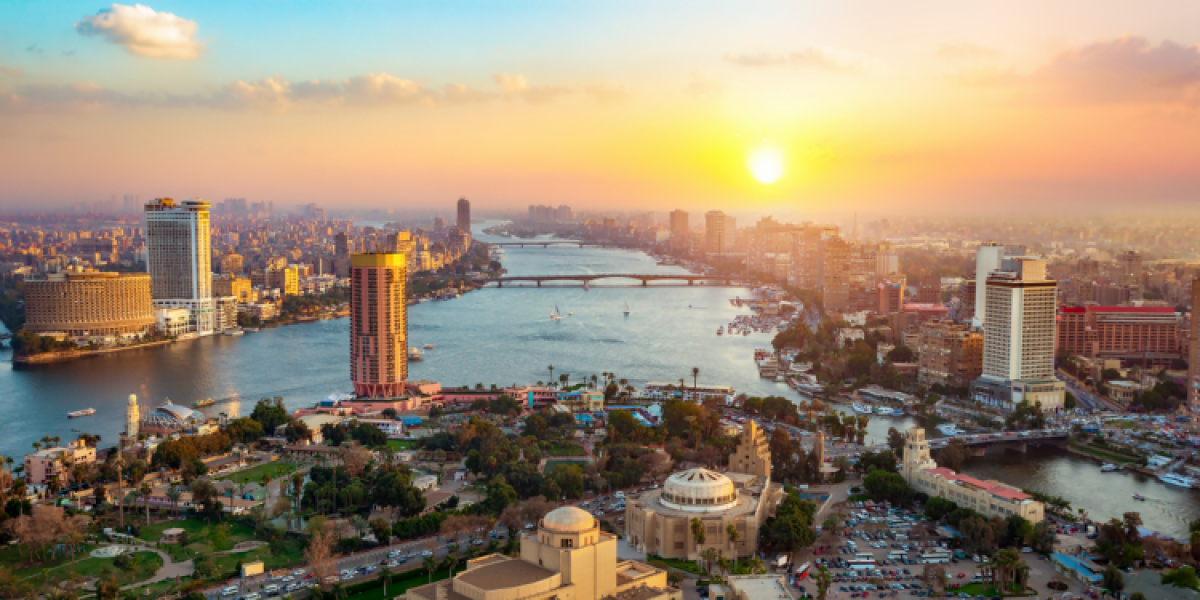
How can a country regain foreign investors' confidence? How can it boost its attractivity in the eyes of foreigners and its own citizens? The Egyptian government believes it has found the right formula. However, due to the successive crises that have hit the country, the Egyptian economy is in a critical situation. The country needs to find funds quickly to stabilize. In response, a new campaign aimed at investors has been designed precisely to replenish the country's treasury while reinforcing the country's image as a reliable economy.
Encouraging the return of investors
The Egyptian government is indeed embarking on a new campaign to attract foreign investors. The Ministry of Immigration and Egyptian Expatriates Affairs wants to reconnect with two major sources of funds: foreign investment and contributions from Egyptian expatriates. To attract them, it proposes to go where they are. The government hopes to look appealing to foreign talent and bring back investors by establishing businesses where foreigners settle in Egypt and where Egyptian expats reside.
Suha El-Gendi, Minister of Immigration and Egyptian Expatriates Affairs, indicated that these investments could be in real estate, agriculture, fishing, or national projects. The government has been reiterating Egypt's position as an African economic giant to encourage investors. With $470 billion in 2022, Egypt had the second largest GDP in Africa, behind Nigeria and its $500 billion GDP. It was followed by South Africa (over $400 billion), Algeria, and Morocco. These 5 powers, alone account for more than half of Africa's GDP.
Egypt's ability to produce so much wealth is due to its highly diversified economy. Real estate and construction make up 17% of its economic market, ahead of manufacturing (15%), wholesale and retail trade (14%), agriculture, forestry, and fisheries (12%), and mining (10%). But the largest contributor remains the public sector, which accounts for 31% of the market and 74% of investments.
To further attract investors, Egypt also highlights its strategic geographical location, which positions the country at the crossroads of 3 continents, linked by the Suez Canal. The Suez Canal is indeed essential for global trade and brought in more than 8 billion dollars in 2022. This was 25% more than in 2021, but behind the great speeches and prominent figures lies a less glamorous reality.
Will foreign investment save Egypt from the crisis?
The year 2022 has already seen three times the devaluation of its currency, and deficits keep growing despite the assistance of the International Monetary Fund (IMF). In December 2022, for example, the IMF granted a new loan of $3 billion to the Egyptian government, which is currently reeling from the consequences of the war in Ukraine. While the country welcomed the IMF's gesture of confidence and guaranteed its ability to emerge from the financial crisis and meet its commitments, Egypt seems to be giving yet another sign of despair. At the same time, the country wants to reassure foreign investors that it's still a safe place to invest in.
Unfortunately, no one seems to be rushing to Egypt's door. Far from providing reassurance, the IMF's rescue package is causing more worries. In fact, the latest IMF bailout is a major cause for concern. Since 2016, the IMF has granted four loans to Egypt without any tangible improvement on the economic side. Furthermore, on the political front, things have got messy, with the army playing an excessively influential role in the economy. As a result, many foreign investors have chosen to withdraw from Egypt, and so did foreign workers. This is why the government is trying to convince them to come back.
The government also relies on investments from its citizens abroad. Some 12 million Egyptians live overseas and are a vital asset to the country, thanks to their money remittances to their families. But these remittances are declining year over year. Although COVID played a significant role in this decline, the complexity of the Egyptian administration is also pointed out. In 2021, remittances from Egyptian expatriates amounted to $2.79 billion. In 2022, they dropped to 2.38 billion dollars. With its new campaign, the government hopes to involve its nationals in its major projects, particularly in real estate.
Could this be a losing game?
It is not the first time the Egyptian government has reached out directly to its citizens abroad. In December, the Ministry of Immigration and Egyptian Expatriates Affairs was planning to facilitate the establishment of an investment company for Egyptians living overseas. Egypt was also hoping to attract foreign investors by transforming itself into a new business-friendly destination. As a result, the government introduced tax exemptions for businesses, income tax, and customs duties. It has also simplified and accelerated the procedure for setting up a business in Egypt, but the results are yet to be seen. Egyptian expats have grown skeptical, too. Besides, the new strategy does not seem convincing enough. As the country has already suffered heavy setbacks in the past, Egyptian nationals fear for their finances and no longer want to foot the bill. For them, investing in Egypt would be unsound, as the country is far from being financially secure.



















